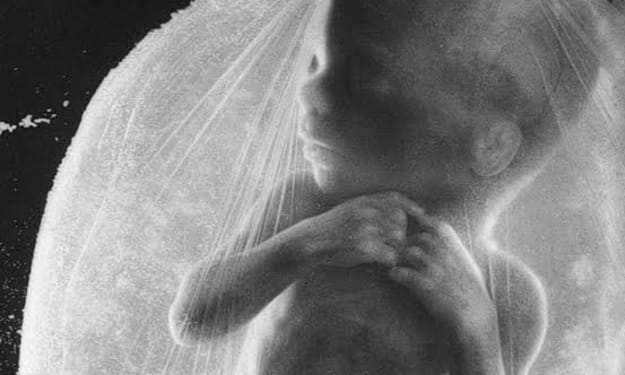Tracing the Evolution of Fatherhood
A Journey Through History

Introduction:
Fatherhood, a fundamental pillar of family and society, has undergone a remarkable transformation throughout history. From ancient civilizations to modern times, the role of fathers has evolved in response to cultural, social, and economic changes. This article delves into the rich tapestry of fatherhood, exploring its origins, shifting perceptions, and the significant milestones that have shaped the concept of fatherhood as we know it today.
Ancient Civilizations: The Patriarchal Paradigm
In ancient civilizations such as Mesopotamia, Egypt, and Greece, fatherhood was rooted in a patriarchal society. Fathers held a dominant role, primarily as providers and protectors of their families. Paternal lineage and the passing of inheritance were of paramount importance. Fathers were responsible for ensuring the continuation of their bloodline, and their primary duty was to secure the economic stability and social standing of their families.
Religious Influence: The Father as Authority Figure
Religion played a vital role in shaping the perception of fatherhood throughout history. In Judeo-Christian traditions, the father was often regarded as the head of the household, embodying authority, discipline, and moral guidance. The Ten Commandments include honoring one's father, emphasizing the significance of paternal respect and obedience. These religious teachings reinforced the image of the father as the ultimate authority figure within the family unit.
Industrial Revolution: The Emergence of the Provider
The advent of the Industrial Revolution in the 18th century brought profound changes to the concept of fatherhood. As men migrated from agrarian lifestyles to factory work, their roles shifted from being primarily involved in the home to becoming the primary breadwinners. Fathers were expected to provide financial stability for their families, often working long hours in demanding jobs. This separation from the domestic sphere created a growing divide between fathers and their children, as paternal involvement in day-to-day activities diminished.
The Rise of the Modern Father: 20th Century Shifts
The 20th century witnessed significant social changes that challenged traditional notions of fatherhood. The two World Wars and subsequent societal shifts opened up new roles and expectations for fathers. The absence of fathers during wartime led to an increased recognition of their emotional presence and support in their children's lives. Societal movements advocating for gender equality also began to reshape perceptions of fatherhood. Fathers started to take on more active roles in childcare and household responsibilities, fostering a sense of emotional connection with their children.
Changing Dynamics: Fatherhood in the 21st Century
In recent decades, fatherhood has continued to evolve, propelled by changing gender roles, shifting family structures, and increased awareness of the importance of paternal involvement. Men are now actively seeking a more nurturing and involved role in their children's lives. Co-parenting and shared custody arrangements have become more prevalent, emphasizing the idea that fatherhood extends beyond financial provision to emotional support, guidance, and active participation in child-rearing.
Celebrating Diversity: Non-Traditional Fatherhood
As societal perceptions become more inclusive, the definition of fatherhood has expanded to include diverse forms of families. Same-sex couples, single fathers, adoptive fathers, and fathers in blended families contribute to the vibrant tapestry of modern fatherhood. These alternative family structures challenge traditional norms, fostering an environment where love, care, and emotional support are the pillars of fatherhood.
Conclusion:
The history of fatherhood is a testament to the ever-changing dynamics of society. From the patriarchal figures of ancient civilizations to the emotionally engaged fathers of the 21st century, the concept of fatherhood has undergone remarkable transformations. Today, fatherhood is characterized by active involvement, emotional connection, and a commitment to nurturing the growth and well-being of children. As society continues to evolve, so it also reflects the ever-changing nature of human society. From ancient patriarchal models to contemporary notions
About the Creator
Enjoyed the story? Support the Creator.
Subscribe for free to receive all their stories in your feed. You could also pledge your support or give them a one-off tip, letting them know you appreciate their work.





Comments (1)
Beautiful work kasia fega